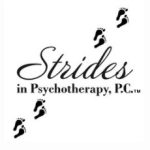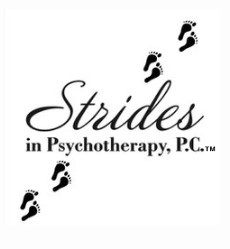ADHD
Children and Attention Deficit Disorders
All children seem a source of boundless energy and limited focus.
How we diagnose depends a lot on your child’s age. Therefore, when we are considering the diagnosis ADHD or ADD we often do an evaluation with questionnaires and timed tasks, either separately or as part of the treatment process.
Some signs and symptoms
- Making careless mistakes in school, work, or other places
- Needing to repeat instructions or parts of instructions verbally
- Is often described as disorganized. Loses items frequently
- Has trouble getting to sleep at night complains not sleepy
- Blurts out answers/interrupts others
- Is bossy or demanding when playing with others
- Reads for shorter time than peers/cannot give details of what was just read
- Is “handsy” frequently pokes, wrestles others until someone complains,
gets hurt or until something is broken - Gets up and wanders in class or at dinner time
When ADHD adults were children, they were often mislabeled as “lazy,” “unmotivated,” “careless,” “daydreamers” or even “stupid.” They were not given the benefit of what we know today. It is not too late to benefit from what we have learned about attention and concentration. Attention disorders can be quite complicated because they can exist alongside other problems such as: learning disabilities, mood disorders, or even trauma and family instability. It might have been overlooked while treating or dealing with other “louder” problems.
Adults:
- Do you start projects with enthusiasm but fail to tie it up?
- Do you forget appointments and promises?
- Are you often running late? Having trouble predicting time>?
- Making careless mistakes in school, work, or other places
- Difficulty sustaining attention at work or at play (other than activities having
high stimulation like video games or exciting movies) - Complains that they need a very quiet environment to work or wears headphones or plays music to block noise
- Has trouble waiting his/her turn – talking over in conversation or dominating conversation
- Bosses and teacher complaints of not working up to potential
- Gets angry over simple or routine requests like chores
- Has trouble transitioning between activities or accepting changes in routine
- Loses items/gets into accidents
- Fidgets in seat while in meetings- checking phone more than others

